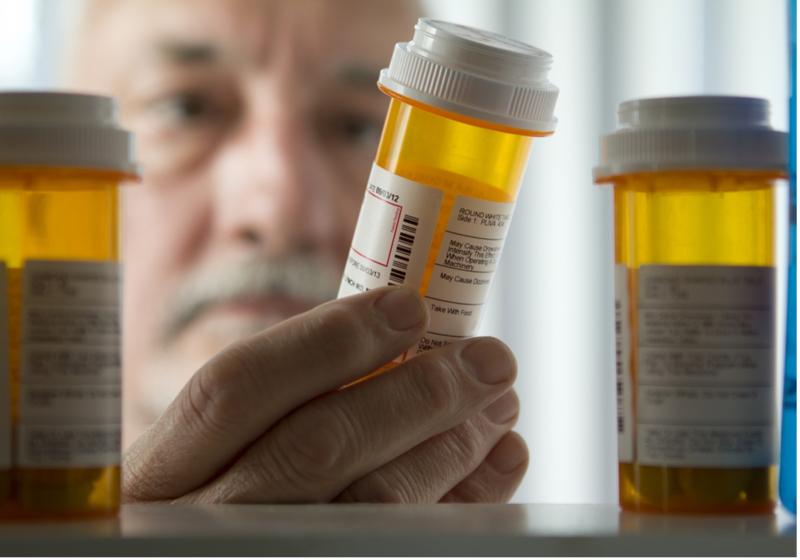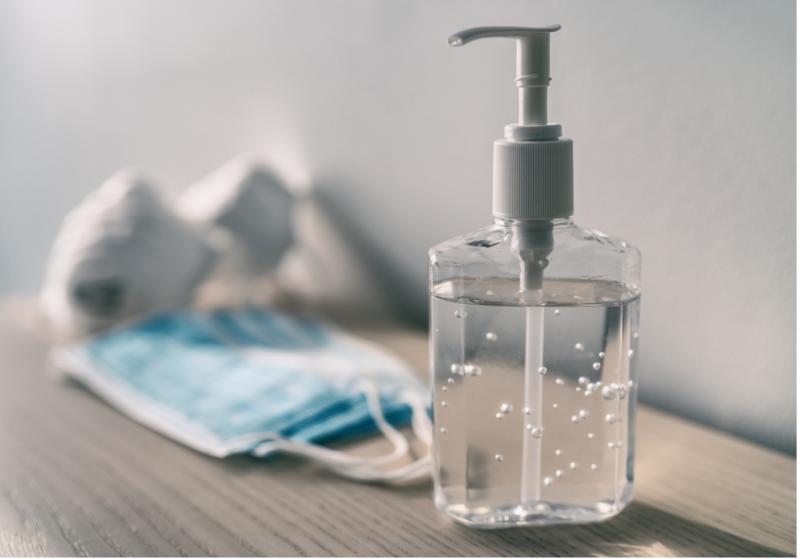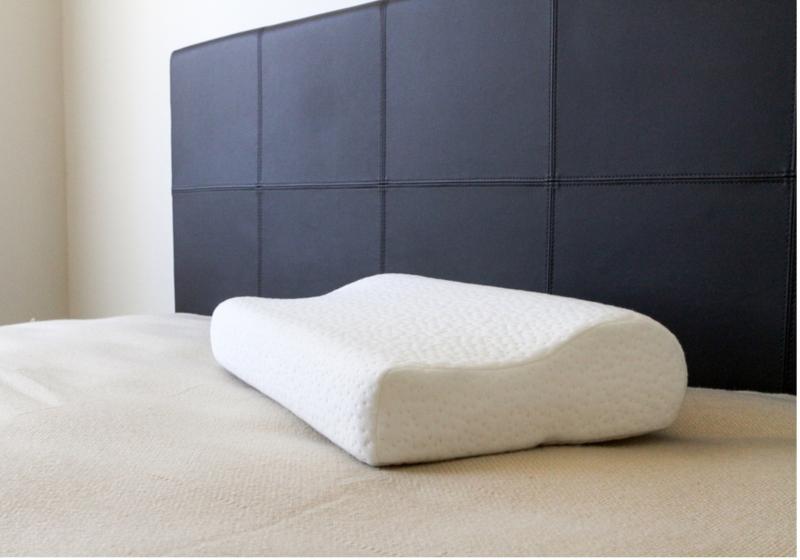9 Post-Surgery Items That Make Recovery Easier
Proper preparation can make recovering from surgery easier on you and your loved ones. You likely don’t feel up to doing much in the days following the surgery, which is why it’s so important to run all your errands and do all your prep work beforehand. Here are nine things that can make your surgery recovery a breeze:

By Burlingham / Shutterstock.com
Medications
Your surgeon will almost certainly prescribe you some medication to help manage the pain and swelling after surgery. See if you can get it filled the day before the surgery, or if you can get it filled at the hospital pharmacy before you leave so it will be ready to go. You should also stock up on whatever over-the-counter medications that your doctor recommends. Make sure that you ask how OTC medications can interact with your prescriptions and that you don’t accidentally take anything that conflicts.
Wound Care Supplies
Your doctor will give you exact instructions on how to take care of your incision site and what materials you will need to do so. Every surgical site is different, but, in general, it’s a good idea to keep clean sterile gauze pads, medical tape and saline wash just in case. Most bandages do need to be changed every day, though your wound may not need a bandage after a few days. Ask your doctor if you have any questions about caring for your surgical incision.
Post-Surgery Clothing
Your mobility is often limited after surgery, which can make getting dressed a challenge, even if you have help. Wearing loose, comfortable clothing such as elastic waist pants for the elderly will make getting dressed a breeze. Depending on what kind of surgery you are having, you might also want to look into post-surgery clothing that can accommodate your limitations. For instance, clothing that can be put on one-handed is a great idea if you’re having wrist surgery. Whatever you buy, choose comfortable, breathable clothes that won’t chafe or trap sweat.

By Maridav / Shutterstock.com
Hand Sanitizer and Antibacterial Soap
Keeping your hands clean and germ-free is of paramount importance after a surgery. Not only do you want to keep germs, bacteria, dirt and other nasties away from the wound, you also want to avoid introducing them into your body via your nose, mouth, etc. since surgical procedures can weaken your immune system. Make sure that you have antibacterial hand soap by all the sinks and that you have hand sanitizer placed at key points around your home in case you can’t get to a sink to wash your hands.
Easy, Nutritious Meals
Cooking is pretty much a no-go in the days after surgery. You’ll need to limit your movement after surgery to avoid pulling the wound apart, and you’ll probably be too drowsy and tired to cook anyways. Stock up before your procedure on meals that will be easy to reheat. Either buy a bunch of frozen meals or make homemade meals, separating them into individual portions and freezing. You can also ask your friends and family to form a meal train to bring you home-cooked meals while you are convalescing.
Water
You’ll need to stay hydrated after your surgery, so invest in a water bottle that will be easy to drink from after your procedure. You may need one with a straw or another feature if you will have limited mobility in your hands or upper body. You should also avoid features such as screw tops that can be difficult to manipulate with swollen or achy hands. If you like your water cold, look for an insulated version that will keep it at a nice temperature no matter how hot it gets.

By ST Design Studio / Shutterstock.com
Special Pillows
You may need to sleep in a certain position after surgery – for example, elevating your leg or your back. A specialty pillow such as a contour pillow or a wedge pillow can help you stay in the right position and sleep comfortably during the night. If you need to sleep upright, then get a neck pillow like those used for traveling to support your head while you catch some Zzzs. You might love the pillows so much you’ll continue to sleep with them even after you recover from surgery!
Entertainment
You’ll probably have some time after surgery when you’ll be awake but can’t do much, so it’s a good idea to be prepared with some entertainment options such as movies, TV shows, books and video games. Choose some media that will keep your attention, but not require too much focus or energy, as you will likely be drowsy and disoriented after surgery. You may wish to download them on your tablet or computer so you can watch or read or play them with or without an internet connection.
Helping Hands
After your surgery, you may not be able to do daily tasks such as feeding and dressing yourself. Even if you are capable of doing them, you may find that they exhaust you after your procedure, and that you have to go very slowly to avoid reopening the surgery site. This is why it’s a good idea to have some family and friends on standby to aid you after the procedure (and to drive you home, in particular). While you might not like asking for help, you’ll be glad to have some extra hands around to take some of the pressure off you in the hours and days following your procedure.
Get ready for your surgery recovery with this checklist of nine essential items. Don’t forget to ask your doctor if there is anything particular to your surgery that you will need in addition to this list.
More to Read:
Previous Posts:








